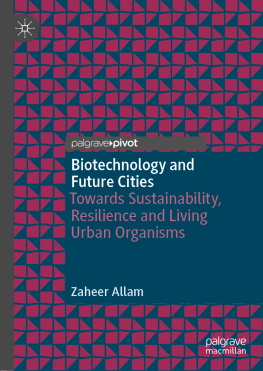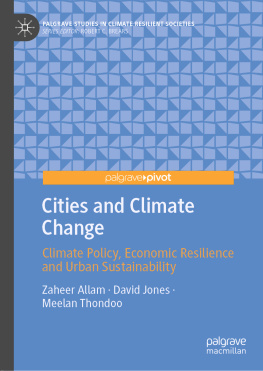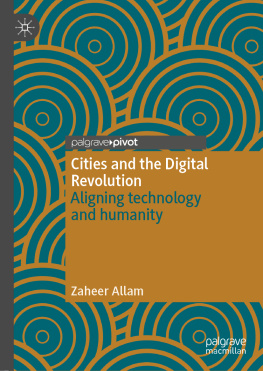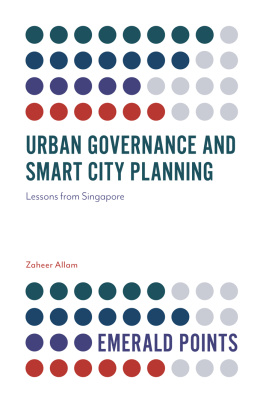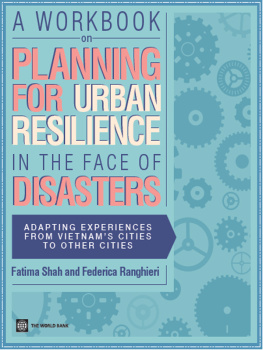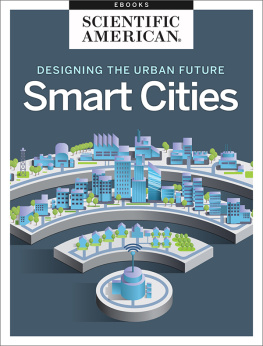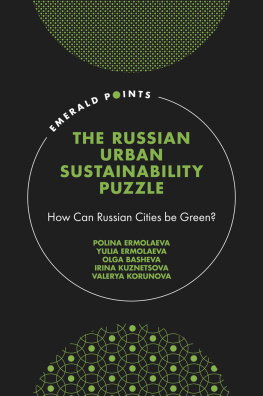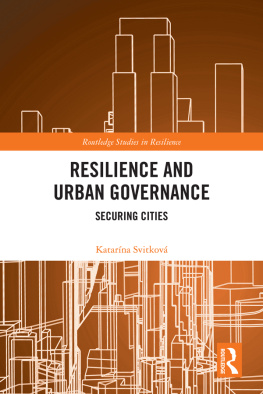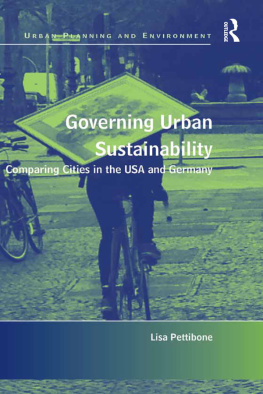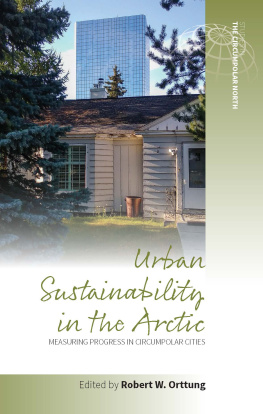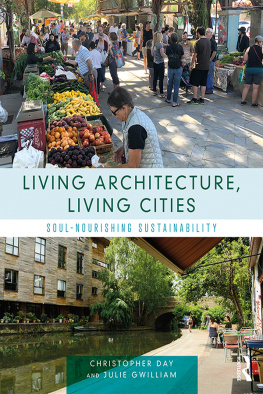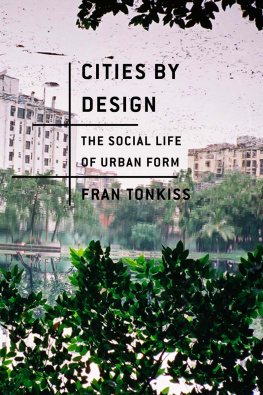Zaheer Allam - Biotechnology and Future Cities: Towards Sustainability, Resilience and Living Urban Organisms
Here you can read online Zaheer Allam - Biotechnology and Future Cities: Towards Sustainability, Resilience and Living Urban Organisms full text of the book (entire story) in english for free. Download pdf and epub, get meaning, cover and reviews about this ebook. year: 2020, publisher: Springer Nature, genre: Politics. Description of the work, (preface) as well as reviews are available. Best literature library LitArk.com created for fans of good reading and offers a wide selection of genres:
Romance novel
Science fiction
Adventure
Detective
Science
History
Home and family
Prose
Art
Politics
Computer
Non-fiction
Religion
Business
Children
Humor
Choose a favorite category and find really read worthwhile books. Enjoy immersion in the world of imagination, feel the emotions of the characters or learn something new for yourself, make an fascinating discovery.
- Book:Biotechnology and Future Cities: Towards Sustainability, Resilience and Living Urban Organisms
- Author:
- Publisher:Springer Nature
- Genre:
- Year:2020
- Rating:3 / 5
- Favourites:Add to favourites
- Your mark:
- 60
- 1
- 2
- 3
- 4
- 5
Biotechnology and Future Cities: Towards Sustainability, Resilience and Living Urban Organisms: summary, description and annotation
We offer to read an annotation, description, summary or preface (depends on what the author of the book "Biotechnology and Future Cities: Towards Sustainability, Resilience and Living Urban Organisms" wrote himself). If you haven't found the necessary information about the book — write in the comments, we will try to find it.
Zaheer Allam: author's other books
Who wrote Biotechnology and Future Cities: Towards Sustainability, Resilience and Living Urban Organisms? Find out the surname, the name of the author of the book and a list of all author's works by series.
Biotechnology and Future Cities: Towards Sustainability, Resilience and Living Urban Organisms — read online for free the complete book (whole text) full work
Below is the text of the book, divided by pages. System saving the place of the last page read, allows you to conveniently read the book "Biotechnology and Future Cities: Towards Sustainability, Resilience and Living Urban Organisms" online for free, without having to search again every time where you left off. Put a bookmark, and you can go to the page where you finished reading at any time.
Font size:
Interval:
Bookmark:
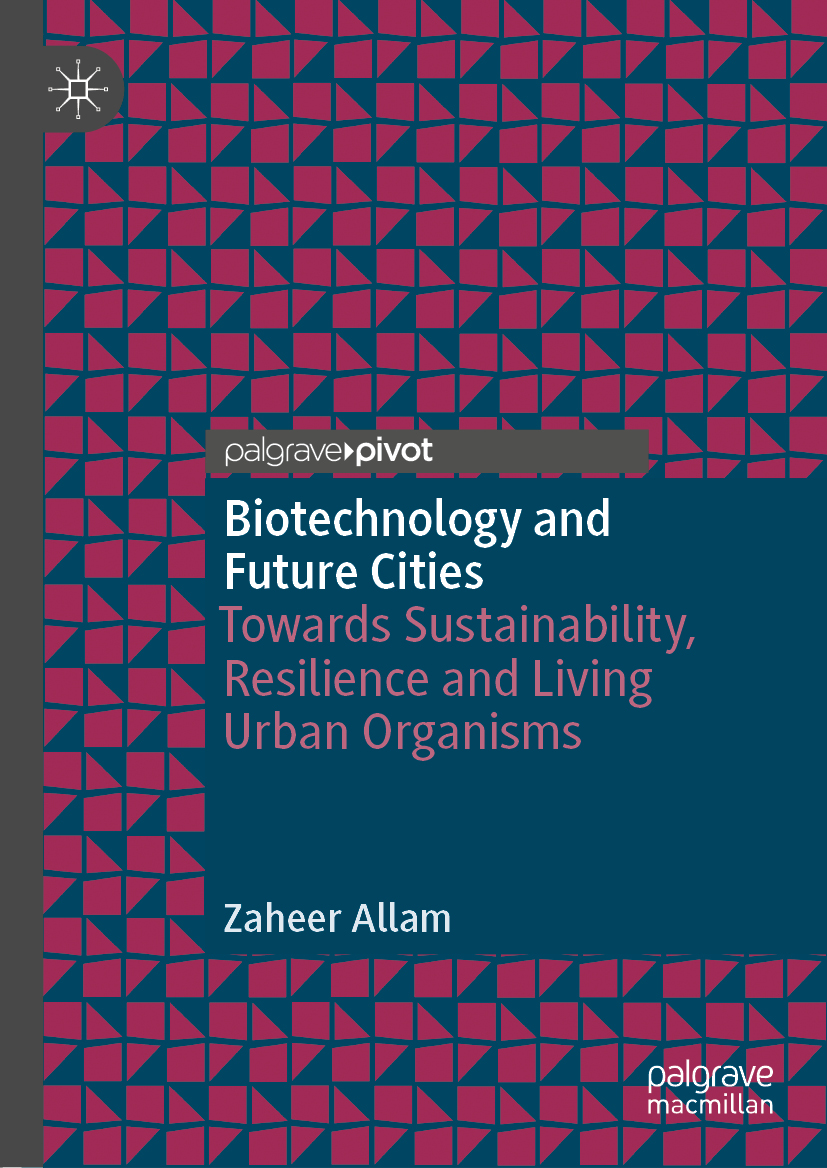

Cover illustration: Melisa Hasan
This Palgrave Macmillan imprint is published by the registered company Springer Nature Switzerland AG
The registered company address is: Gewerbestrasse 11, 6330 Cham, Switzerland
Humans will increasingly live in an urban environment and by 2050, 70% of the global population are expected to live in cities. Cities remain the centres for economic activity and account for 80% GDP generated worldwide. Many countries are looking up to them as engines for advancing national growth and are also expected to provide better standards of living and progress towards sustainable urban development.
As the world continues to urbanize, the highest concentration of growth is expected to be in Asia and Africa, regions that are home to over 50% of the worlds population and housing some of the poorest countries in the world. Inequality is highest in urban areasone out of three urban residents in the developing world lives in a slum.
Cities are among the highest consumers of energy and responsible for 70% of greenhouse gas emissions. Shocks and stresses such as natural disasters and economic crises tend to hit cities the hardest, as the concentration of people and assets makes them particularly vulnerable. They are also faced with numerous, and often elusive challenges, including the need to provide basic urban infrastructure and services, address the problem of informal settlements and the need to withstand the effects of climate change.
Somehow, cities around the world are tackling these challenges head-on by implementing radical urban designs, adopting innovative ideas to efficiently manage urbanization and gradually becoming the face of sustainable practices. Roof tops covered with grass, vegetable gardens, lush foliage are now common sights in many cities around the world. Their wide-ranging benefits include savings on energy costs, mitigating the risk from floods, creating habitats for urban wildlife, tackling air pollution and urban heat and even producing food.
However, buy-in from city authorities through the appropriate investments, businesses and other institutions including research institutions, is crucial to ensuring the success of these smart cities or sustainable cities. The terms Sustainable cities, perceived to be oxymorons are increasingly being viewed as means to mitigate threats to the natural environment while creating urban living capacity, by combining low carbon and resource-efficient development with the use of information and communication technologies to better manage complex urban systems. Smart cities however will only make sense when technology, a strong regulatory environment, meets the citizens needs.
The present publication by Zaheer Allam presents an interesting perspective on the concept of Future cities and how the alignment of technology, urban governance, bold ideas can be used to help meet the goals of sustainability.
has been the Managing Director of the Centre International de Dveloppement Pharmaceutique (CIDP) Research and Innovation as well as Professor of Organic Chemistry with an endowed chair at the University of Mauritius. Since 2001, she has served successively as Dean of the Faculty of Science and Pro Vice Chancellor (20042010). She has also worked at the Mauritius Research Council as Manager for Research (19951997).
Ms. Gurib-Fakim earned a B.Sc. in Chemistry from the University of Surrey (1983) and a Ph.D. from the University of Exeter, UK (1987). During her academic journey, she has participated in several consultation meetings on environmental issues organized by international organizations. Between 2011 and 2013, she was elected and served as Chairperson of the International Council for Scientific UnionRegional Office for Africa, and served as an Independent Director on the Board of Barclays Bank of Mauritius Ltd between (2012 and 2015). As a Founding Member of the Pan African Association of African Medicinal Plants, she co-authored the first ever African Herbal Pharmacopoeia. She has authored and co-edited 30 books, several book chapters and scientific articles in the field of biodiversity conservation and sustainable development. She has lectured extensively across the world; is a Member of the Editorial Boards of major journals, has served on Technical and national committees in various capacities. Elevated to the Order of the Commander of the Star and Key by the Government of Mauritius in 2008, she has been admitted to the Order of the Chevalier dans LOrdre des Palmes Academiques by the Government of France in 2010 and is the recipient of 5 DSc(s). Elected Fellow of several academies and societies, Ms. Gurib-Fakim received several international prizes including the 2007 lOreal-UNESCO Prize for Women in Science, the African Union Commission Award for Women in Science, 2009.
On 05 June 2015, she was sworn in as the 6th President and the First Female President of the Republic of Mauritius and served in that capacity until March 2018. She was elevated to the Order of GCSK by the Government of Mauritius, and received the Legion dHonneur from the Government of France in 2016. In 2017, she received both the lifelong achievement award of the United States Pharmacopoeia-CePat Award and the American Botanical Council Norman Farnsworth Excellence in Botanical Research Award. In 2018, she received the Order of St George at the Semperopernball, Dresden, Germany. In June 2016, she was in the Forbes List for the 100 Most Powerful women in the world and 1st among the Top 100 Women in Africa Forbes List 2017, 2019. She is honoured as one of
Font size:
Interval:
Bookmark:
Similar books «Biotechnology and Future Cities: Towards Sustainability, Resilience and Living Urban Organisms»
Look at similar books to Biotechnology and Future Cities: Towards Sustainability, Resilience and Living Urban Organisms. We have selected literature similar in name and meaning in the hope of providing readers with more options to find new, interesting, not yet read works.
Discussion, reviews of the book Biotechnology and Future Cities: Towards Sustainability, Resilience and Living Urban Organisms and just readers' own opinions. Leave your comments, write what you think about the work, its meaning or the main characters. Specify what exactly you liked and what you didn't like, and why you think so.

